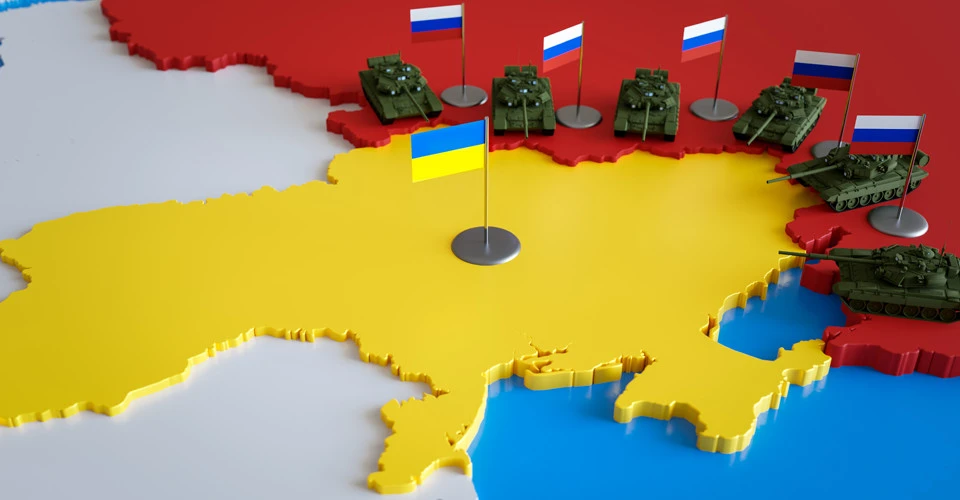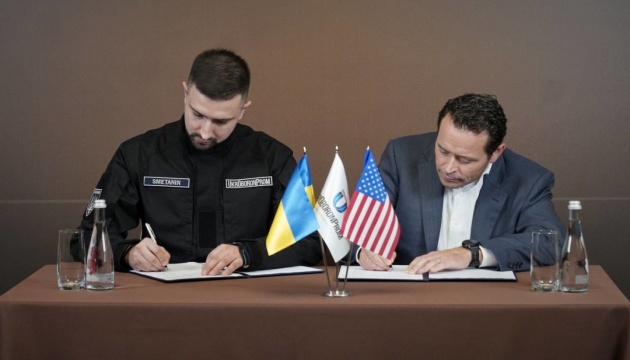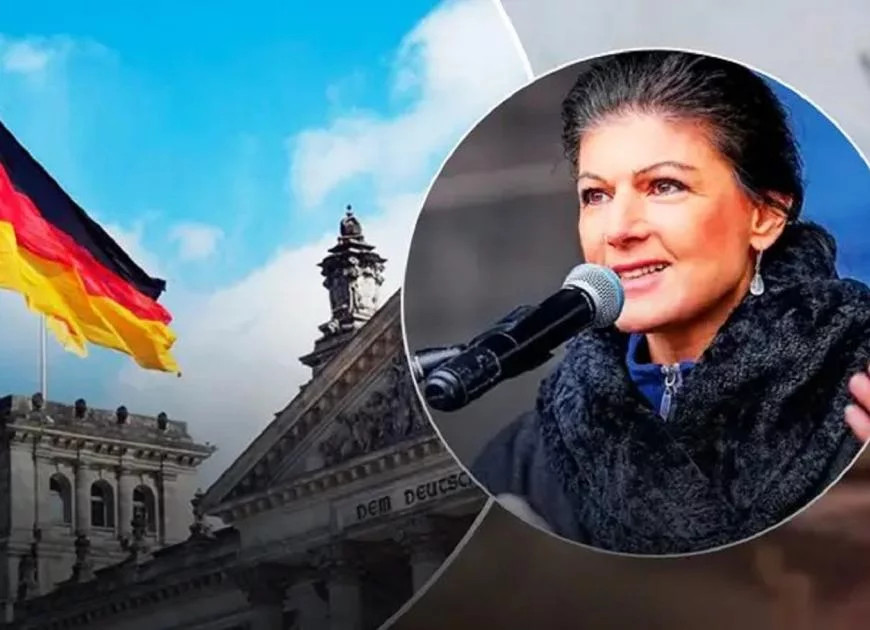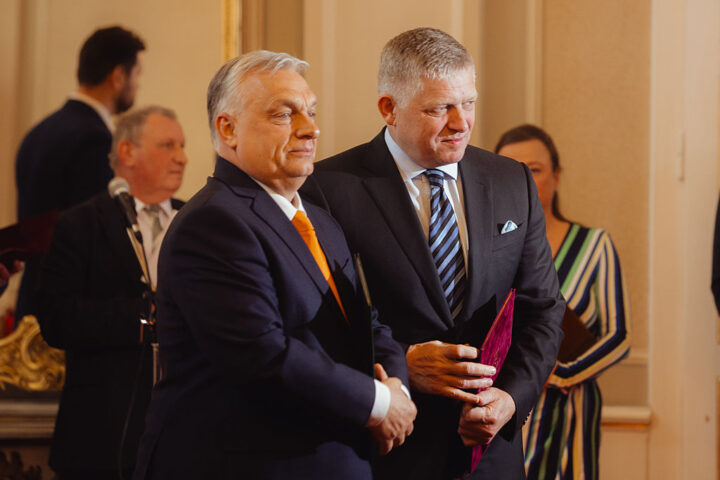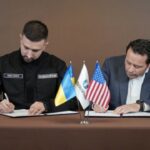Moscow’s war effort increasingly relies on foreign labour and youth indoctrination, sparking global legal concerns
Russia is facing mounting scrutiny for alleged violations of international law amid new revelations that it is recruiting vulnerable women from the Global South to work in its defence industry and forcibly indoctrinating Ukrainian children in occupied territories.
An investigation by Le Monde published on 27 June reports that the Kremlin has scaled up the production of kamikaze drones used in Ukraine by covertly enlisting young women from Africa, Latin America and South Asia. These women are allegedly misled via social media, Russian embassies and local intermediaries into believing they are participating in education or training schemes—only to find themselves in military production plants.
On the same day, Censor.net revealed Russia’s plans to send 2,000 Ukrainian children from temporarily occupied parts of Kherson to paramilitary camps across Russia under the guise of youth games and recreation. Experts warn that this is part of a broader militarisation campaign aimed at erasing Ukrainian identity.
Exploitation masked as opportunity
According to sources cited by Le Monde, women recruited into these “programmes” often find their passports confiscated, face threats of deportation, and are barred from leaving their assigned workplaces. Once inside Russia, they are directed to assemble weapons components and drone systems for the military.
This practice, rights groups say, constitutes a breach of the International Labour Organization (ILO) conventions and the UN Convention on the Elimination of All Forms of Discrimination Against Women (CEDAW).
“These are clear markers of human trafficking,” said one international legal expert consulted by Le Monde. “They are being misled, restrained, and exploited for war production, often without full understanding or consent.”
Child indoctrination in occupied Ukraine
In occupied parts of southern Ukraine, particularly Kherson region, Russia continues to expand its ideological and military grip over local youth. Through state-organised camps and activities run by the pro-Kremlin “Movement of the First” and overseen by the Russian Ministry of Defence, children are enrolled—sometimes forcibly—into paramilitary games such as “Zarnitsa”.
Human rights monitors have documented that many families were unaware their children would undergo military-style training. Once in these camps, children are subjected to ideological programming, military drills, and language policies that marginalise Ukrainian identity.
These actions violate Articles 38 and 39 of the UN Convention on the Rights of the Child, which prohibit recruitment and use of children in armed conflict and stress recovery and reintegration. They also contravene the Geneva Conventions, which forbid the transfer or indoctrination of children under occupation.
Cultural erasure and long-term risks
Experts argue that such programmes go beyond military preparation. Through school curricula, extracurricular activities and systematic exposure to Kremlin propaganda, Russia is instilling loyalty to the state, promoting the “Great Russia” narrative and suppressing Ukrainian culture, language and national memory.
“This is not just indoctrination—it is cultural erasure,” said a Ukrainian government official. “They are trying to raise a generation that is severed from its roots and loyal to the occupiers.”
Psychologists warn of long-term trauma for children exposed to militarised settings and isolation from their families. Forced assimilation, they say, constitutes a form of psychological warfare that may leave scars for decades.
International response and legal implications
Human rights advocates are calling for coordinated action by the UN, the European Union, the African Union and Latin American governments. Sanctions, criminal investigations and humanitarian interventions are being urged to halt these abuses.
“There must be accountability,” said a representative of Human Rights Watch. “The use of deception to recruit women into war industries and the coercion of children into ideological and military systems are not just moral failures—they are prosecutable crimes under international law.”
Calls are growing for targeted sanctions against individuals and organisations involved in these operations, and for the opening of legal cases under international human trafficking statutes and war crimes frameworks.
As Russia continues its full-scale invasion of Ukraine, these revelations underline the evolving nature of its wartime strategies—leveraging foreign labour and vulnerable youth as tools of imperial ambition and psychological warfare.
